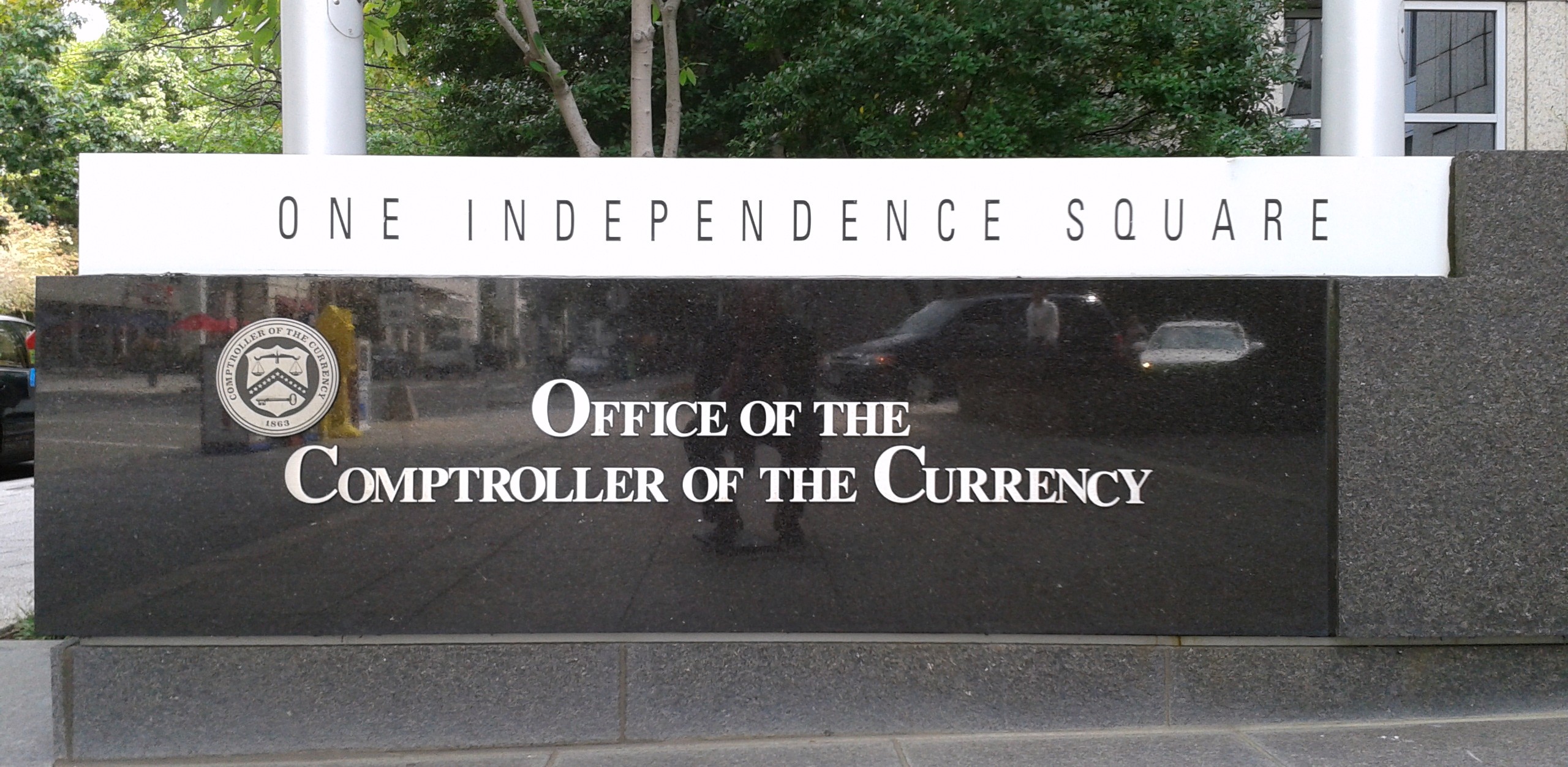When Steven Mnuchin became Donald Trump’s Treasury Secretary, after spells at Goldman Sachs and scandal-ridden OneWest Bank, he brought with him two other OneWest alumni — Joseph Otting and Brian Brooks. They each held the reins of the Office of the Comptroller of the Currency (OCC), a bureau within the Treasury Department, at different times in the Trump administration. Under Otting and Brooks’ leadership, the OCC rolled out rules contrary to its responsibility to maintain a federal banking system that is safe against systemic risks and provides aid to all customers. Now they’re all out of power — but Acting Comptroller, Blake Paulson, whose ascent was ensured by Brooks and Mnuchin, has demonstrated no desire to change course from the path set by Trump’s lackeys. That is why Biden needs to act quickly and appoint a Comptroller who recognizes the dangerous precedent set by the Trump administration.
The OCC is the primary regulator for national banks and federal savings associations. The office is also responsible for supervising the operations of banks under its purview to ensure compliance with laws and regulations. Through its licensing division, the OCC confers national charters to financial institutions that meet the eligibility requirements for a national trust charter. The office is tasked with ensuring the safety and soundness of the federal banking system, which includes 1,200 national banks, federal savings associations, and federal branches of foreign banking organizations operating in the United States.
Otting’s legacy as Comptroller was marked by his watering down of the Community Reinvestment Act (CRA) right at the onset of the COVID-19 pandemic. Enacted in 1977 with the aim of ending redlining by banks, the law aims to allow low and moderate income (LMI) communities to access credit through the financial system to build wealth, own homes and pursue business opportunities. While praising its intent, groups such as the National Community Reinvestment Coalition have criticized it for failing to meet these lofty goals and argued that it needs to be strengthened. Otting’s proposed changes moved in the opposite direction, making it easier for banks to meet their reinvestment obligations, and undercutting what power the program had to stop discrimination. The proposed rule would have broadened the scope of CRA credit to allow banks to invest in businesses with larger revenues, limiting resources available for actual small businesses and LMI neighborhoods. Paulson has committed to not implementing Otting’s proposals. However, that is not enough. Reforming the CRA is an interagency effort that could take years. Continued delay in appointing a public-interest minded Comptroller that would look to strengthen current provisions unnecessarily elongates the process.
The Trump administration’s legacy endures in other policy areas as well. Paulson has been lobbying Congress to preserve the True Lender Rule that then-Acting Comptroller Brian Brooks issued in October 2020. The rule loosened lending restrictions on predatory consumer finance institutions like payday lenders, permitting them to issue loans at illegally high rates as long as a partner bank is named as the lender and funds the loan. Numerous national and state organizations have come out against the rule, noting that it undercuts states’ interest rate caps by allowing predatory lenders to launder their loans through national banks. The rule essentially fosters an arena for payday and predatory lenders to enter rent-a-bank schemes and avoid voter- and legislature-approved rate caps. While Congress can use the Congressional Review Act to reverse the rule, there is absolutely no reason for Paulson to be working behind the scenes to ensure its survival.
Brooks’ short reign as Acting Comptroller was characterized by his pro-fintech and pro-crypto policy stances. Brooks joined the OCC as First Deputy Comptroller and COO after a stint as chief legal officer at crypto exchange Coinbase. He recently became CEO of Binance.US, a Coinbase competitor and the world’s largest crypto exchange. Just a few days before resigning as Comptroller, Brooks put out an interpretive letter that weakened the eligibility requirements for a national trust charter. Under this new interpretation, fintech firms and other financial institutions can apply for national bank trust charters even though they do not engage in fiduciary activities. Since the publication of this rule, the OCC has chartered three fintech firms. Two of these approvals have occurred under Paulson’s reign. It is unjustifiable for Paulson to continue granting these conditional approvals on the basis of an interpretive letter published with no public input. When it comes to fintech charters, Paulson should demonstrate the same restraint as he did when he paused the publication of another Brooks proposal – the Fair Access Rule — so as to leave room for the next comptroller to review both the rule and public comments.
There are clearly significant consequences of leaving such an important regulatory role in the hands of seat warmer. More so, a seat warmer who was elevated just a few days before Biden’s inauguration. Biden promised the public that his administration would Build Back Better. That is not possible if key policies from the Trump administration are unnecessarily kept intact almost 100 days into Biden’s tenure. President Biden’s right to choose either an Acting or Permanent Comptroller of his preference is complete. He should make that decision. Continued inaction will only derail Biden’s goals and allow pro-corporate rules to become entrenched.
“Comptroller of the Currency HQ sign” (c) by MBisanz is licensed under CC By-SA 3.0

